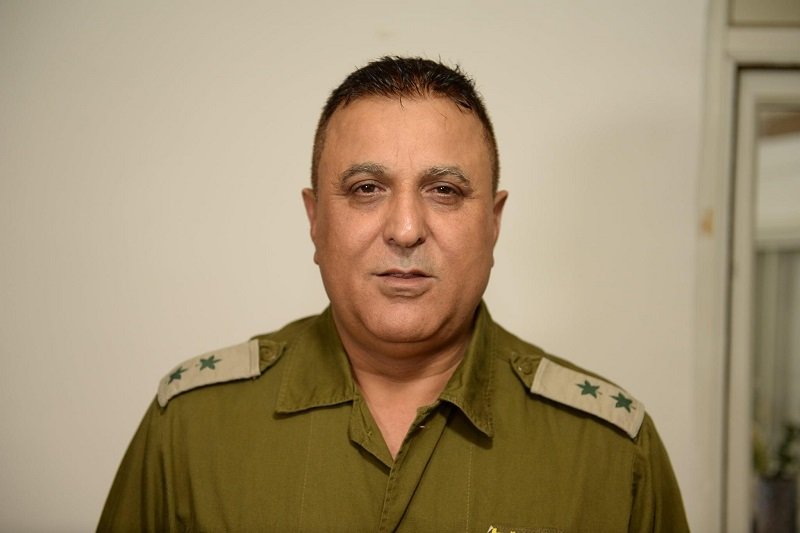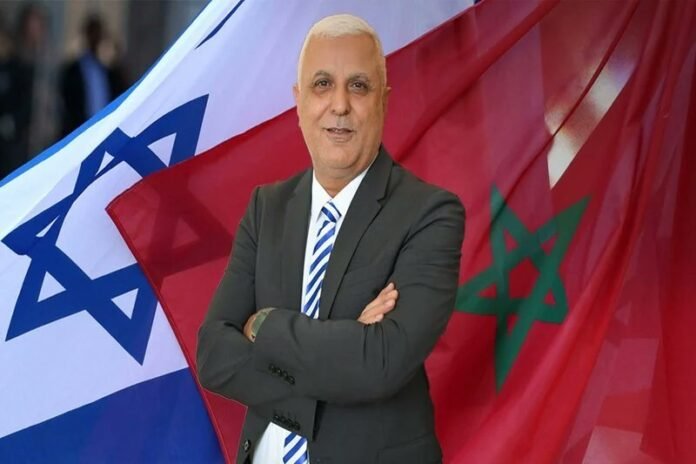A Question of Timing and Intent
As the world watches in horror at the ongoing atrocities and humanitarian crises unfolding in Gaza, the Israeli government is reportedly seeking to bolster its image within Morocco through strategic media engagement. This move comes at a time when Moroccan streets have been echoing with protests since October 7, denouncing the Israeli aggression and rejecting normalization.
The Israeli Initiative: Diplomatic Outreach and Media Engagement
Recent reports from Maghreb Intelligence reveal that Hassan Kaïba, who assumed the role of Deputy Head of the Israeli Liaison Office in Rabat in early August, is actively working to build relationships with Moroccan journalists.
Kaïba, formerly the spokesperson for Arabic media at the Israeli Ministry of Foreign Affairs, has reportedly invited several Moroccan journalists to visit Israel in September.
This diplomatic maneuver, spearheaded by Kaïba, seems to be a strategic effort to shape Israel’s image within Morocco—a country that has been vocal in its support for Palestinian resistance and critical of Israeli policies.
The timing of Kaïba’s appointment and his outreach to journalists is noteworthy, as it coincides with severe international condemnation of Israel’s military actions in Gaza.
Background and Context: Diplomatic Shifts and Controversies
Kaïba’s appointment follows a turbulent period marked by controversies surrounding his predecessor, David Govrin, who faced allegations of sexual harassment and ethical misconduct.
The Israeli government’s choice to install a military officer like Kaïba in Rabat is seen by many as part of a broader strategy to maintain influence and manage its image in Morocco.

The Moroccan Observatory Against Normalization has condemned Kaïba’s appointment, describing it as an affront to Moroccan sovereignty and dignity. According to the observatory, this move is a deliberate insult, compounded by the ongoing Israeli aggression and the systematic destruction in Gaza and the West Bank.
Public Sentiment and Protests: A Nationwide Response
The growing backlash against normalization and the Israeli presence in Morocco is evident in the continuous protests across Moroccan cities. The demand to end normalization and close the Israeli liaison office has become a central theme in these demonstrations. Activists and civil society groups warn of the dangers of Israeli influence in various sectors, including the media, and its potential impact on public opinion.
Analysis: The Strategic Implications of Israeli Outreach
Israel’s outreach efforts in Morocco, particularly its focus on media relations, can be seen as a calculated attempt to counteract negative perceptions and influence Moroccan public opinion. By engaging with journalists and attempting to project a more favorable image, Israel seeks to mitigate the impact of the widespread condemnation of its actions in Gaza.
This strategy also reflects a broader pattern of diplomatic engagement and media manipulation used by states facing international criticism. It highlights the complexities of international diplomacy where humanitarian crises and geopolitical interests intersect.
Conclusion: The Need for Vigilance and Critical Engagement
As Israel intensifies its efforts to engage with Moroccan media, it is crucial for Moroccan society and journalists to remain vigilant and critically assess these overtures. The current context of violence and human rights abuses in Gaza necessitates a robust and informed response from the media and civil society. The focus should remain on holding those responsible for humanitarian violations accountable and ensuring that diplomatic and media engagements do not obscure or excuse ongoing injustices.
In navigating these complex dynamics, Moroccan public opinion and activism will play a vital role in shaping the discourse and holding both domestic and international actors accountable for their actions and policies.


